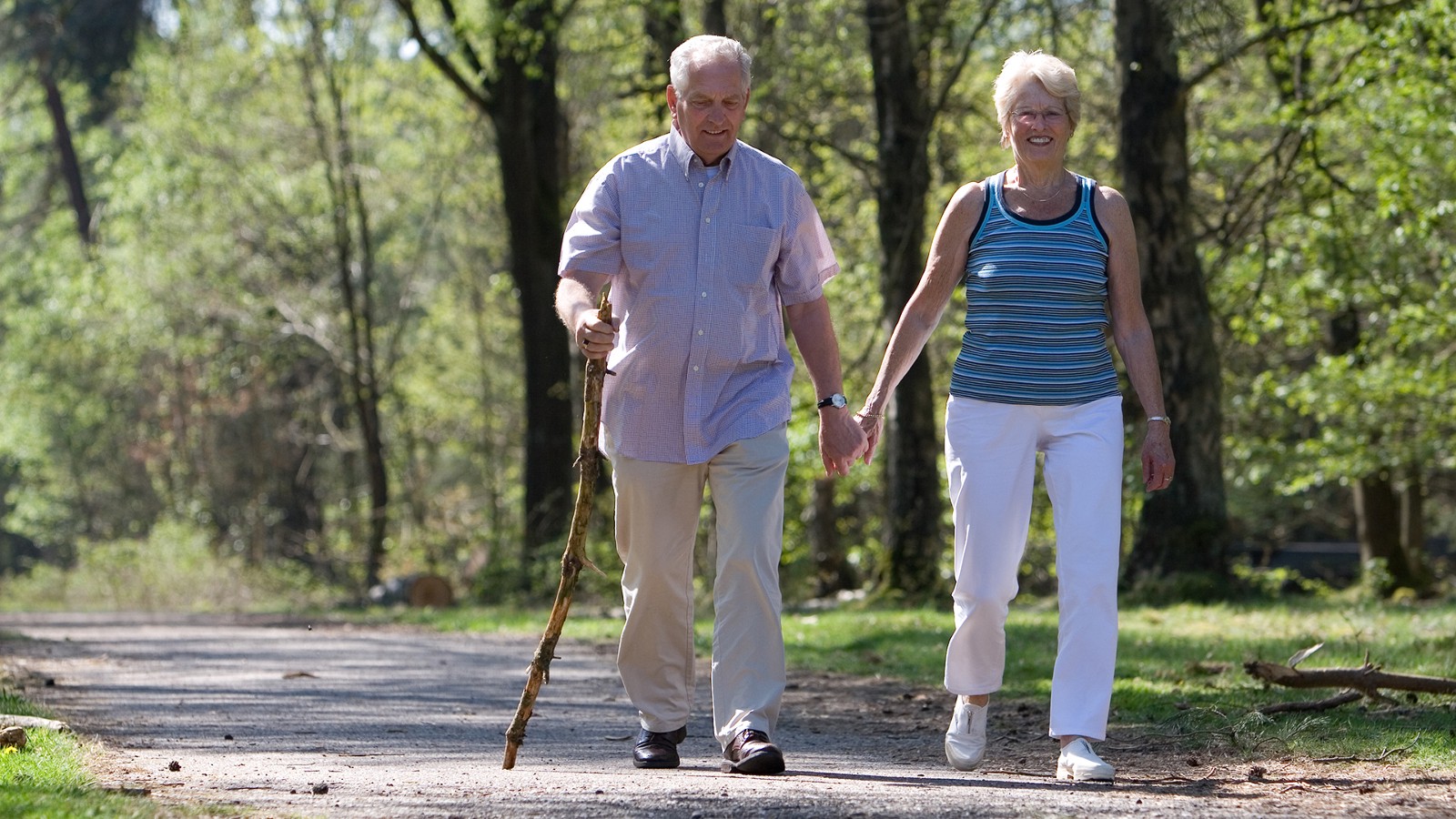[caption id="attachment_2283" align="alignnone" width="1030"]Nutrition combined with exercise helps Diabetics[/caption]
Type 2 diabetes develops when the body is unable to respond properly to insulin, causing a rise of glucose (sugar) in the bloodstream. Regular physical exercise helps Diabetes and reduces the symptoms. When combined with proper nutrition, along with diabetes medications, Diabetics can really help control and possibly recover from the disease.
Encouraging your elderly loved one to stay fit and active enables them to control this disease. Specifically exercise helps diabetes by reducing sugar level spikes. Lack of exercise heightens the risk of developing long-term complications, such as kidney disease and nerve pain.
Exercise is proven to be very beneficial to everyone – not just diabetics. Diabetics have too much sugar in their blood because:
- Their body does not properly use insulin, or
- It doesn’t produce enough insulin to process
Exercising helps diabetes by burning some of the glucose found in the blood.

Why Exercise Helps Diabetes
Exercise also hampers the development of long-term complications. Type 2 diabetics are especially prone to heart problems due to blocked arteries (arteriosclerosis). Exercising promotes a healthy and strong heart and keeps your cholesterol levels under control.
Other than that, exercise gives you and your loved one numerous health benefits, such as:
- Better sleep
- Improved mood
- Keeps you energized
- Strong muscles
- Lower blood pressure
- Better stress management
- Promotes good cholesterol
- Weight management
Disclaimer: Before You Begin
Doctors take into consideration your heart health – if there are any blocked arteries or high blood pressure, medications you are taking, as well as any diabetes-related complications. Your doctor may also refer you to a professional to figure out the best type of exercise.
Prior to exercising, remember that it’s important to set realistic goals. If you haven’t exercised in a long time, then you might want to cut yourself some slack. Start slow and gradually increase the intensity as you go. Remember to drink water and stay hydrated throughout workouts. Also, keep a snack handy to treat low blood glucose.
What Kind of Exercise Helps Diabetes Best?
 Different types of exercise helps Diabetes. Both aerobic and resistance exercises are important. Aerobic exercises can be done by bicycling, jogging, walking, and the like. It is a continuous exercise that elevates breathing and heart rate as you perform. On the other hand, resistance exercises are short, repetitive exercises that strengthen the muscles. It usually uses resistance bands, weight machines, weights, or your body weight.
Different types of exercise helps Diabetes. Both aerobic and resistance exercises are important. Aerobic exercises can be done by bicycling, jogging, walking, and the like. It is a continuous exercise that elevates breathing and heart rate as you perform. On the other hand, resistance exercises are short, repetitive exercises that strengthen the muscles. It usually uses resistance bands, weight machines, weights, or your body weight.Here is a video from CNN on how exercise helps Diabetes:
https://www.youtube.com/watch?v=-ulDHXsrvsI
How Much Exercise Do You Need?
When you get a hang on exercising and if it’s possible, gradually add resistance exercises, such as lifting weight or using resistance bands, at least three times each week.
The relationship between exercise and diabetes is complex. If you need help or if you have any questions, don’t hesitate to ask your doctor or someone in your diabetes healthcare team. You can also contact A Paradise for Parents at (623) 295-9890 or email us at cam@aparadiseforparents.com. We have a personal trainerto help you with your concerns.
What Type of Foods Can You Eat?
 The number one concern of most people is that having diabetes restricts them from eating the foods they enjoy. The good news is that diabetics can still eat their favorite dishes. However, it must be consumed less often or in smaller portions. There are a lot of foods that are created specifically for diabetics so they won’t have to miss out, such as no-sugar baked goods and more.
The number one concern of most people is that having diabetes restricts them from eating the foods they enjoy. The good news is that diabetics can still eat their favorite dishes. However, it must be consumed less often or in smaller portions. There are a lot of foods that are created specifically for diabetics so they won’t have to miss out, such as no-sugar baked goods and more.Connect with your elderly loved one’s healthcare team to create a meal plan for them. We also have a nutritionist who caters meals to our homes that helps with all sorts of conditions.
A diabetes meal plan is all about eating a variety of healthy food from all food groups. You may notice this once you have asked a healthcare professional to create a meal plan for you.
Recommended Foods for Diabetes
- Fruits
- Starchy (corn, green peas, sweet potatoes, potatoes, etc.) and non-starchy vegetables (broccoli, leafy greens, peppers, carrots, tomatoes, etc.)
- Whole grains (oats, wheat, barley, cornmeal, quinoa, brown rice, black rice, and more)
- Protein (lean meat, chicken or turkey without skin, eggs, fish, nuts and peanuts, meat substitutes, dried beans, chickpeas, split peas)
- Nonfat or low-fat dairy (milk or lactose-free milk, cheese, yogurt)
The US Department of Agriculture (USDA) lets you learn more about different food groups ChooseMyPlate.gov.
You can also eat foods that are healthy for the heart, such as:
- Liquid oils at room temperature (canola oil or olive oil). Use this when cooking food rather than cream, butter, lard, margarine, or shortening.
- Avocado
- Nuts and seeds
- Heart-healthy fish (tuna, salmon, mackerel)
Here are some of the foods diabetics should limit or avoid:
- High-sodium food or high in salt
- Sweets – baked goods, ice cream, candies, and more
- Fried food or food high in trans-fat and saturated fat
- Sugary drinks – juice, regular sports drink or energy drink, regular soda
Make it a point to drink water instead of sweetened drinks with added sugar. As you gradually lay off sugar, opt for a sugar substitute for your coffee or tea.
Our Program of Exercise Helps Diabetics
If you want to know more about assisted living facilities, A Paradise for Parents staff and our resources can answer all your questions. Don’t hesitate to give us a call at (623) 295-9890 or email us at cam@aparadiseforparents.comto know more about the services we offer. You can also fill out an online formlocated on our homepage. We’d be happy to assist you in your search for an assisted living facility for your loved one.




















